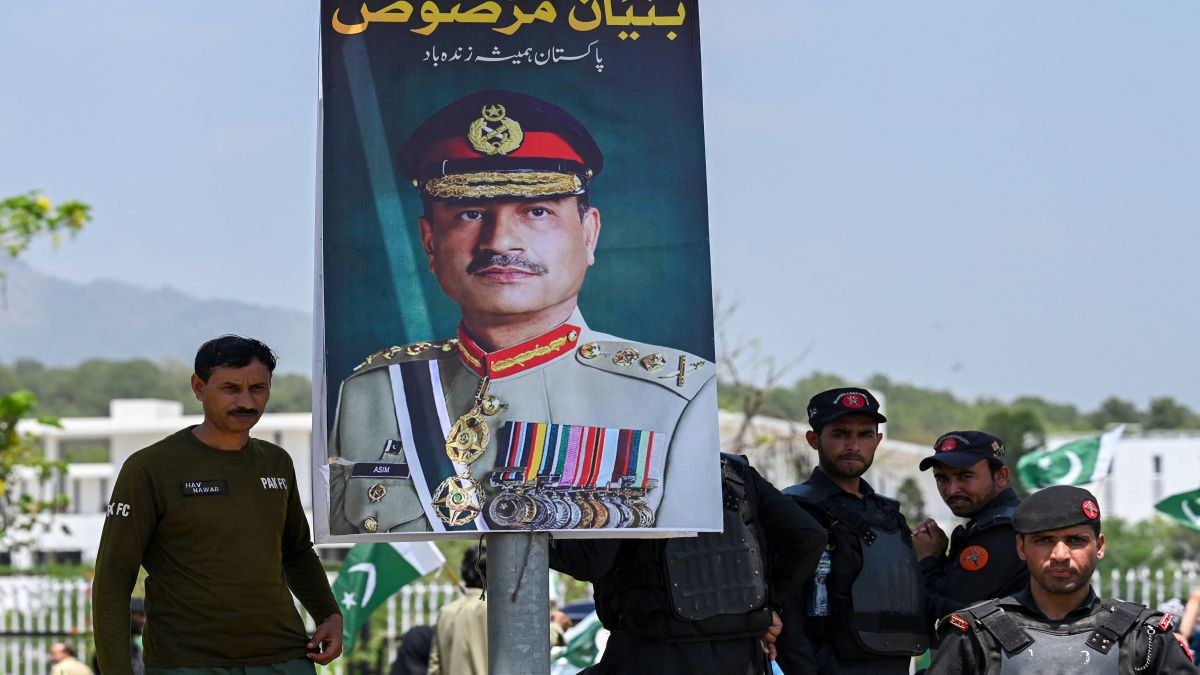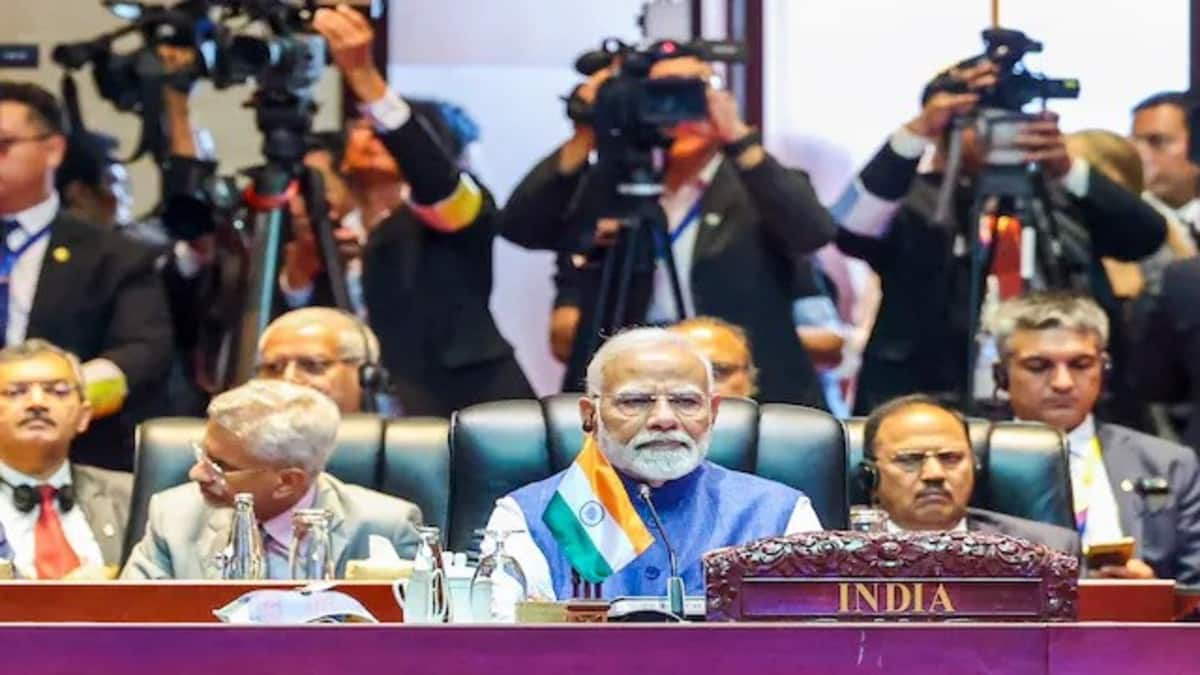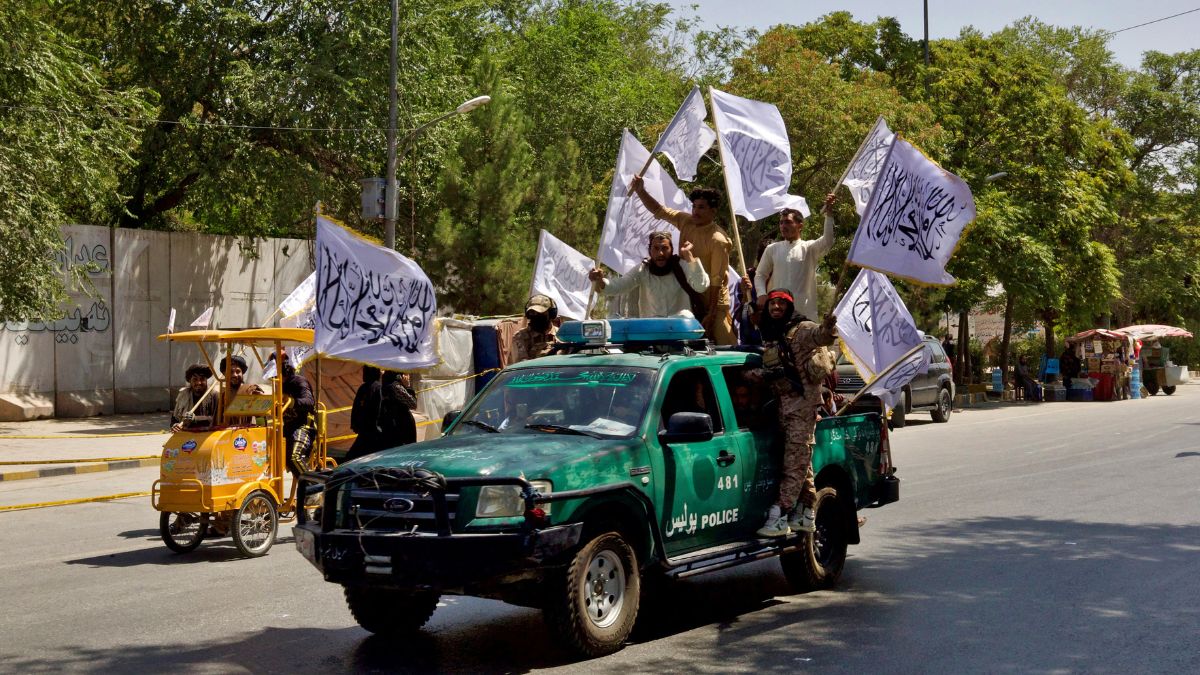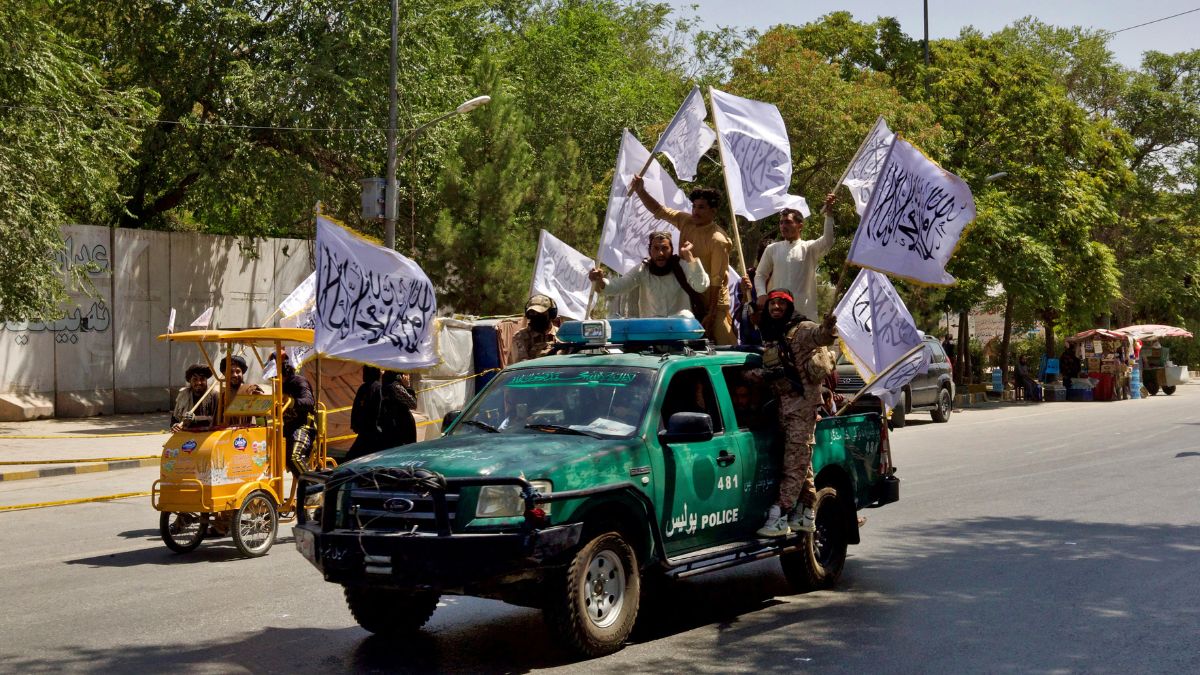Pakistan, which keeps drawing a false sense of consolation by assuring itself that all’s well with it, especially after Operation Sindoor, is hit hard by a fresh string of terror attacks in the very recent past. Eleven military personnel have been killed in a gunfight with armed fighters in the country’s Khyber Pakhtunkhwa (KP), as per the Pakistani Army.
The gun battle erupted on October 8 during an intelligence operation in the Orakzai district near the Afghan border. During the raid, the military claimed, there was an “intense” exchange of fire with “Khawarij”, a term used for banned groups such as the Pakistan Taliban (Tehrik-i-Taliban Pakistan), which claimed responsibility for the attack.
Among the dead were Lieutenant Colonel Junaid Arif, his deputy, Major Tayyab Rahat, and nine other soldiers. The army further said 19 fighters were also killed. Pakistani security officials also reported that the fighters ambushed a military convoy with a roadside bomb before resorting to fire.
Meanwhile, Prime Minister Shehbaz Sharif lauded the security forces for their service and paid tribute to the troops who lost their lives. In reality, however, the Pakistan Army seems demoralised, and the tall claims of the country’s army chief and other top military brass that their country was secure stand punctured by this dreaded terror assault.
It may be recapitulated that in recent months, the Pakistan Taliban, which wants to overthrow the government and replace it with their hardline brand of Islamic governance, has stepped up attacks on Pakistani security forces, specifically targeting them. Islamabad alleges the group uses neighbouring Afghanistan to train and plan attacks against Pakistan, while archrival India funds and backs them, charges denied by both countries.
Impact Shorts
More ShortsMeanwhile, in another development, Afghanistan’s United Nations-sanctioned Foreign Minister Amir Khan Muttaqi has arrived in India, the first visit by a top Taliban leader since they returned to power in 2021, following the withdrawal of United States-led forces and the fall of Kabul. Amir Khan Muttaqi’s trip on October 9 was made possible after the UN Security Council granted him a travel waiver and is expected to be closely watched by India’s regional rival Pakistan, amid India strengthening its ties with the Taliban government.
Muttaqi had met with India’s Foreign Secretary Vikram Misri in January this year in Dubai and was expected to hold talks with its External Affairs Minister, S Jaishankar. Neither side has disclosed the agenda, but trade and security were likely to be at the forefront, although India has not yet extended its formal recognition.
It is important to note that the trip highlights Taliban efforts to expand engagement with regional powers in a quest for economic ties and eventual diplomatic recognition. Muttaqi’s visit follows meetings in Russia—the only country so far to have officially recognised the Taliban administration. India has long hosted tens of thousands of Afghans, many of whom fled the country after the Taliban returned to power. In this context, it may be mentioned that the Indian Mission in Kabul is limited to coordinating humanitarian aid and is gaining wide acceptance (however, while the Afghan Foreign Minister is in India, both sides may agree to upgrade it to a full-fledged mission).
Earlier on October 7, at Muttaqi’s regional meeting in Moscow, Afghanistan’s neighbours, including India, Pakistan, Iran, China and several Central Asian countries, had issued a joint statement opposing the deployment of foreign military infrastructure in the region. The statement, a rare showing of a unified front, was regarded as a signal of strong opposition to US President Donald Trump’s stated objective to retake control of the Bagram military base near Kabul.
In a different and bizarre development, diving to a new low against improving bilateral relations, Pakistan’s Defence Minister Khawaja Asif has made yet another baseless claim, alleging India was “never truly united” except under the rule of Mughal emperor Aurangzeb—a statement which is completely devoid of history. In an interview with Pakistan’s Samaa TV, Asif also said that “chances of war with India are real". Such jingoism, parroted on behalf of the Pakistani military, is very unbecoming of a Defence Minister. His remarks came days after India warned Islamabad against backing state-sponsored terrorism or facing losing its geographical presence.
On the contrary, to put the record straight, for over seven decades since independence from the British, India has remained a stable and unified democracy, unlike Pakistan, which has seen a series of military coups and internal fragmentation. Khawaja Asif has a history of embarrassing Pakistan on global platforms. Last month, he gave a bizarre “solution” to tackle Pakistan’s flood situation. He asked Pakistanis living in low-lying areas to “store” the floodwater in containers, rather than letting it go to drains. He also asked people to see the flooding as a “blessing”.
During Operation Sindoor, he had exposed Pakistan’s misinformation campaign after India destroyed nine terror sites. During an interview with CNN, Asif tried to spread fake news about Pakistan shooting down Indian fighter jets during the strike. When asked for evidence, he attributed it to social media. “It’s all over social media, on Indian social media, not just our social media. The debris of these jets fell into Kashmir,” he claimed. The CNN anchor Becky Anderson quickly interjected, saying not to talk about social media content. He committed similar faux pas while being interviewed by prominent news anchor Mehdi Hasan on the Zeteo news channel.
In the meantime, in a Pakistan-Afghanistan development, Pakistani fighter jets carried out airstrikes (October 9) on Afghanistan’s capital, Kabul, targeting Tehreek-e-Taliban Pakistan (TTP) positions in Kabul. The strikes coincided with Afghanistan’s acting Foreign Minister Amir Khan Muttaqi’s visit to India for his high-profile meeting with External Affairs Minister S Jaishankar. Residents in Kabul’s central and northern districts heard loud explosions.
Loud sounds of multiple blasts shaking homes could be heard in many videos shared on social media. While social media accounts linked to Pakistani defence commentators “celebrated” what they called a “precise airstrike”, Islamabad has not officially confirmed conducting any operation in Kabul. The Pakistan Air Force and the Defence Ministry have so far remained silent on the reports.
Earlier, several media reports suggested that the strikes were possibly aimed at TTP leader Noor Wali Mehsud, who is alleged to be operating from Afghan soil. Some reports even claim that he may have been killed. Hours later, however, a viral audio recording, claimed to be Mehsud’s, started doing rounds on social media, wherein he can be heard denying the claims of his death or disappearance.
Earlier, Pakistan’s Defence Minister Khawaja Asif told the National Assembly, “Enough is enough; our patience has run out.” He accused Kabul of harbouring militants responsible for cross-border terrorism and warned that Pakistan would not tolerate further attacks. Within minutes, X was flooded with conflicting accounts presenting a completely confused state of affairs. Again, Khawaja Asif’s tone is noticed as aggressive and belligerent.
Judging by the recent terror attack killing several members of the Pakistani military and giving a jolt to the morale of the security forces, it is clear that the security apparatus of Pakistan is far from being a well-oiled machine. Its intelligence-gathering system and counter-terrorism mechanism are far from being professional.
Pakistan’s frustration is also visible from its desperate aerial attacks on civilian sites within Kabul, trying to intimidate Afghanistan and perhaps to give a signal to India for the Afghan Foreign Minister’s recent visit to India.
It would also be pertinent to mention in the same vein that Pakistani Chief of Army Staff (COAS) Asim Munir stands terribly exposed for his jingoistic statements linked to military misadventurism and overhyped statements, a couple of these being uttered on US soil. Hence, it would appear important for Pakistan to put its own house in order before it tries to engage the region with military offensives, including aerial attacks sending hollowed signals displaying its trumpeted megalomania.
The writer is a retired IPS officer, Adviser NatStrat, and a former National Security Advisor in Mauritius. The views expressed in the above piece are personal and solely those of the author. They do not necessarily reflect the views of Firstpost.


)

)
)
)
)
)
)
)
)



